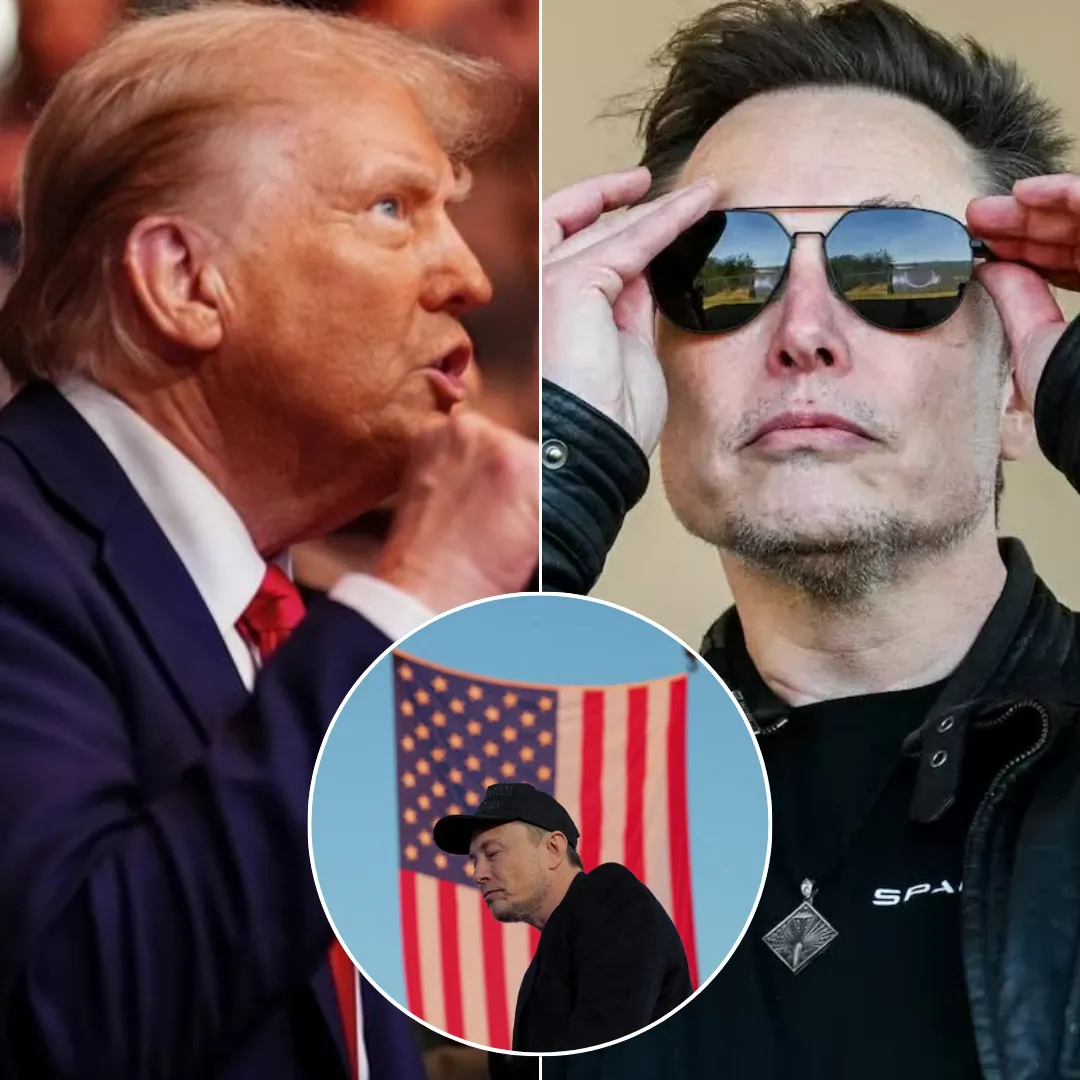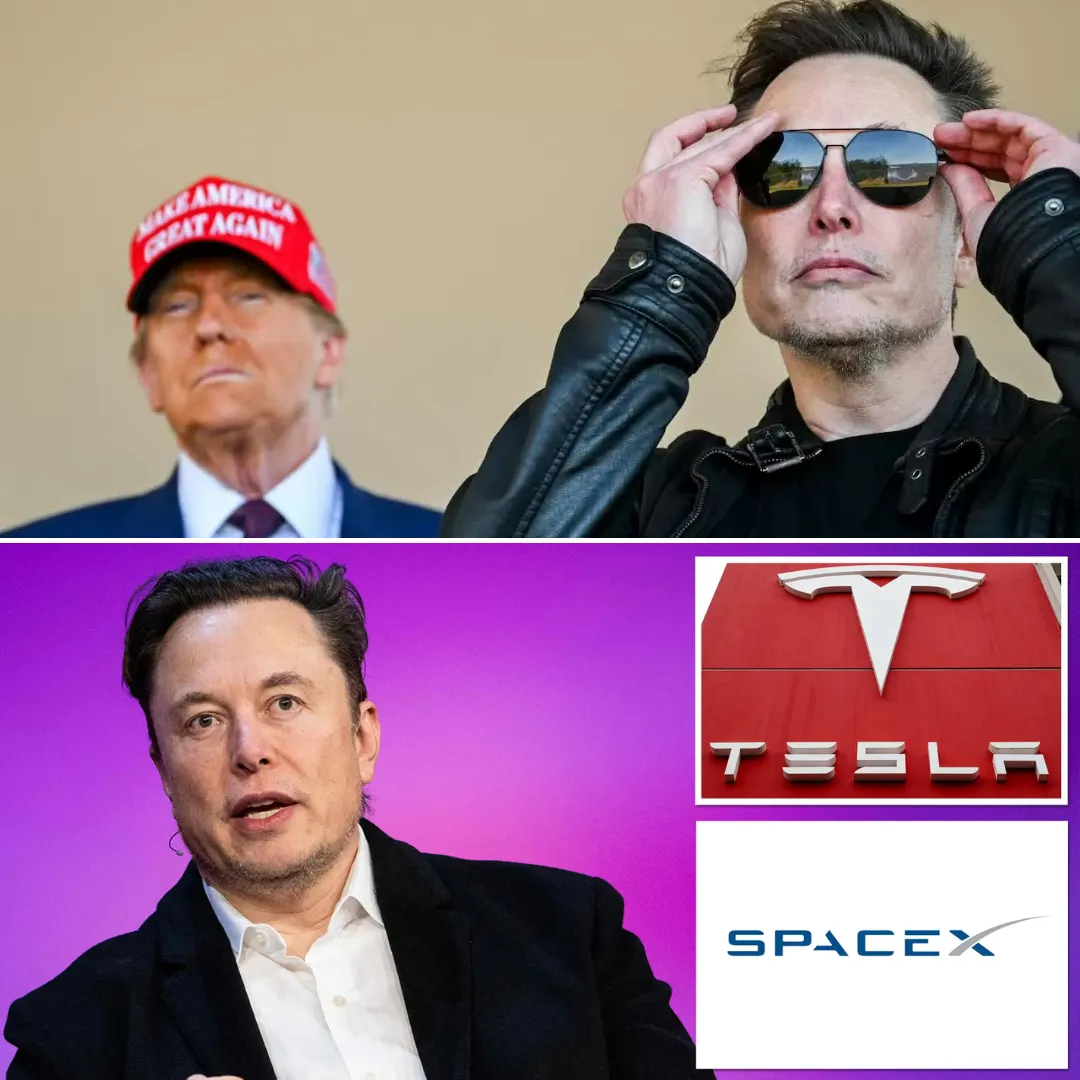
The escalating conflict between two of the world’s most influential tech titans, Elon Musk and Bill Gates, has once again captured headlines, exposing deep divisions over global health policies, philanthropy, and corporate ethics.
In a pointed recent interview at the Qatar Economic Forum, Musk vehemently challenged Gates’s accusations that Musk’s political decisions are endangering vulnerable children worldwide by dismantling the United States’ foreign aid apparatus.
Musk’s sharp retort, “Who does he think he is to comment on children’s welfare?” encapsulates the growing animosity between these billionaire powerhouses and highlights the complex interplay of influence, ideology, and personal rivalry shaping some of the most critical debates of our time.The origins of this confrontation can be traced back to Gates’s stark criticisms of Musk’s role in cutting back U.S. foreign aid programs.
Gates, co-founder of Microsoft and a renowned philanthropist, openly condemned Musk’s leadership of the Department of Government Efficiency (DOGE), accusing him of precipitating severe funding reductions for crucial international health initiatives, including those aimed at preventing HIV transmission among mothers in Mozambique.
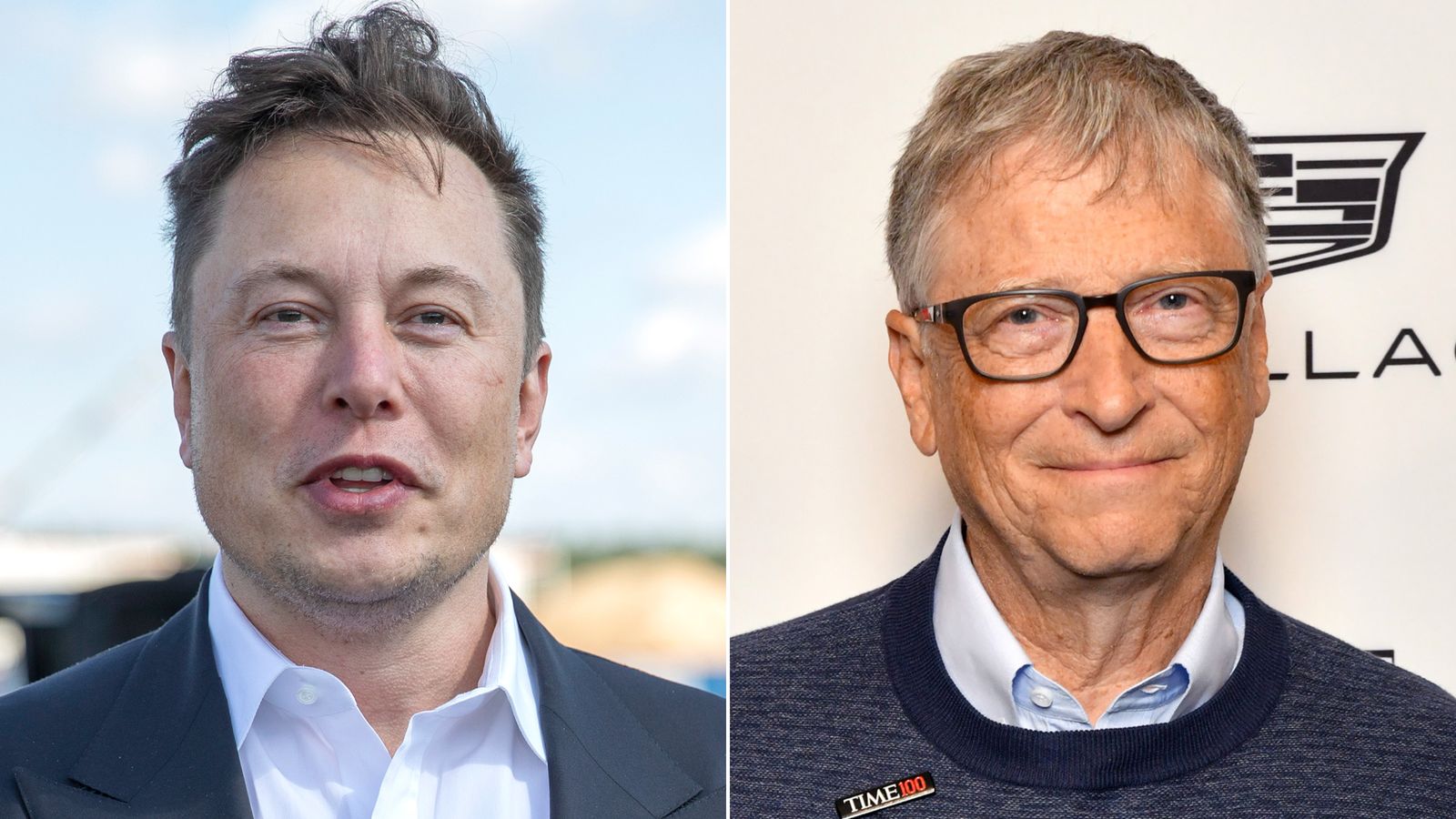
Gates’s depiction of Musk as a man whose policies have “killed the poorest children in the world” delivered a searing indictment that struck a chord across political and humanitarian circles. The depth of Gates’s concern underscores the gravity of aid budget cuts and their tangible consequences for millions depending on life-saving programs.
Musk’s response to these allegations was both dismissive and defiant. He demanded proof to substantiate Gates’s claims, declaring the accusations “wrong” and challenging Gates’s right to pass judgment on such matters.
Musk’s comments reflect his broader skepticism toward established philanthropic and governmental institutions and his inclination to disrupt traditional power structures.
This stance has fueled tensions, with Musk positioning himself as a disruptor not only in technology but also in the politics of aid and governance. His willingness to publicly confront a figure as influential as Gates speaks to Musk’s combative style and his confidence in defending his decisions against powerful critics.
The political and personal feud between Musk and Gates runs deep, involving numerous clashes over policy, business ethics, and public statements. Their rivalry gained public attention as early as 2020 when Gates openly questioned the viability of Musk’s electric semi-truck, provoking a sharp rebuttal from Musk on social media.
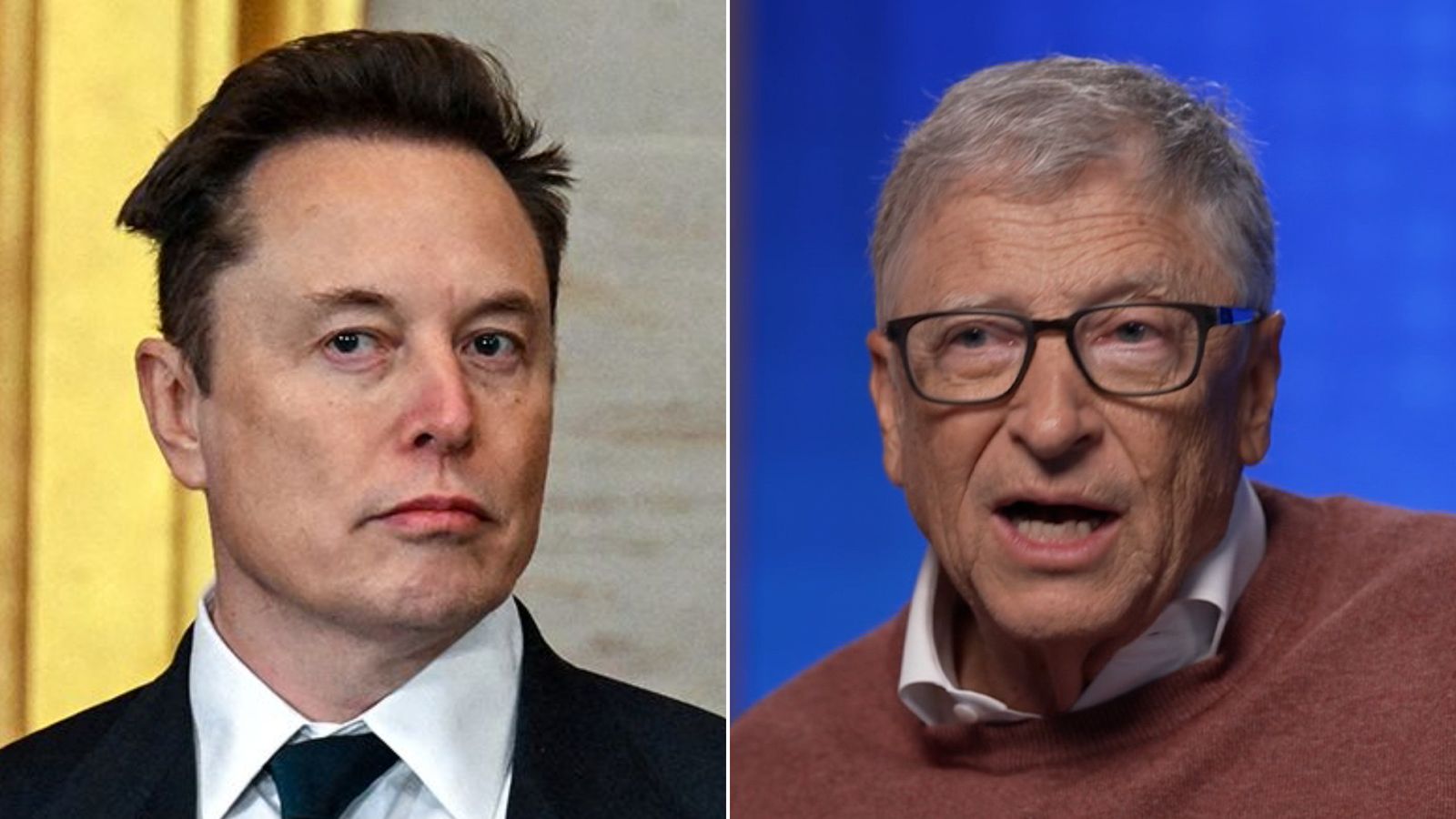
Musk mocked Gates’s appearance and questioned his motives, while Gates criticized Musk’s environmental commitments, noting Musk’s practice of short-selling Tesla stock even as he publicly championed climate initiatives. These exchanges have cemented a contentious relationship marked by mutual distrust and frequent public spats.
At the core of the dispute lies a fundamental disagreement about philanthropy, responsibility, and influence. Gates has built his post-Microsoft legacy on massive charitable efforts targeting global health crises, poverty alleviation, and education.
Through the Bill & Melinda Gates Foundation, he has been a leading advocate for evidence-based interventions and sustained international cooperation. Musk, in contrast, has channeled his energy into technological innovation and government reform, often questioning the efficacy of traditional aid programs and advocating for leaner government spending.
His leadership of DOGE embodies this approach, aiming to eliminate what he perceives as wasteful bureaucracy, though critics argue this comes at the cost of essential services.
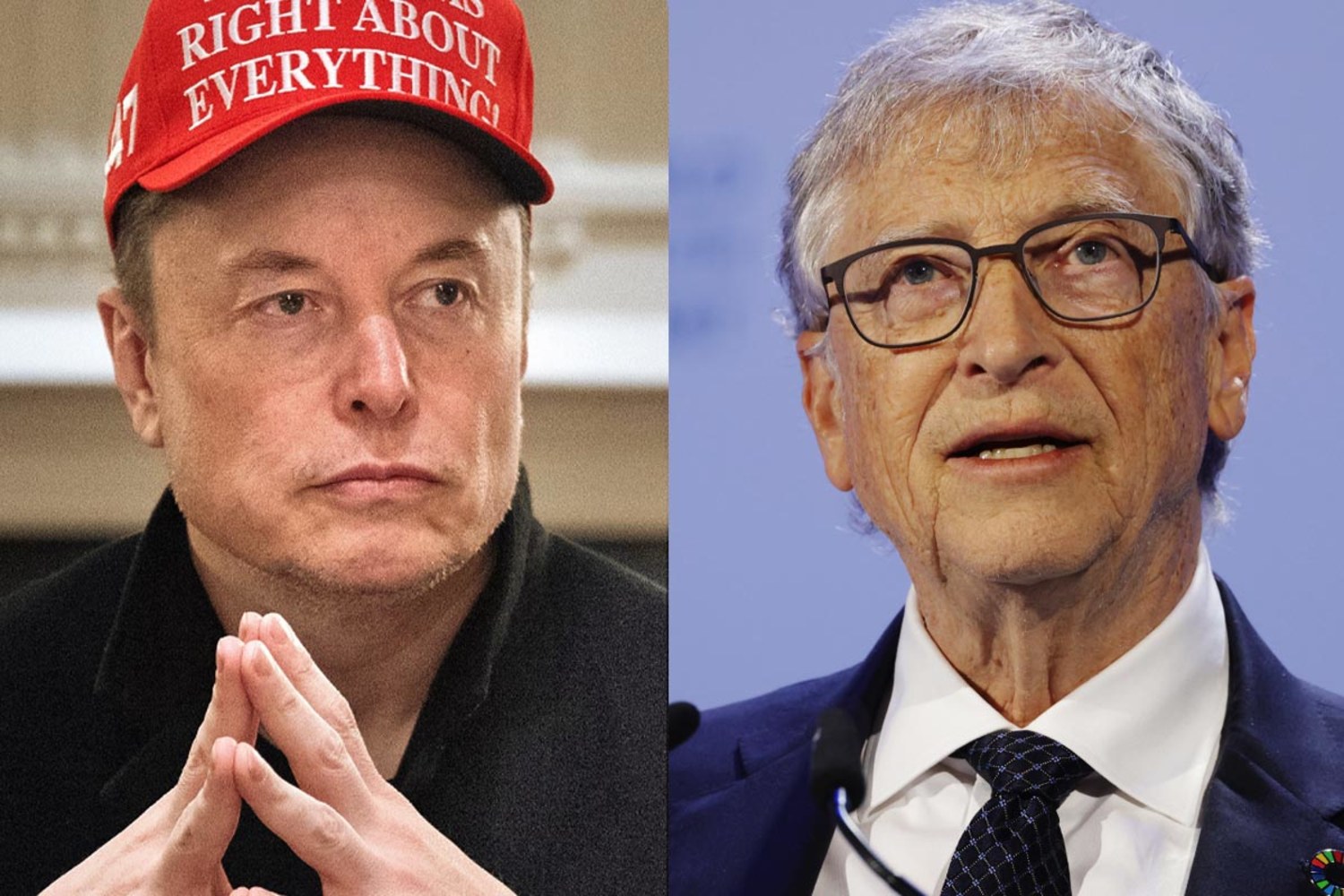
The tension escalated further with Musk’s public remarks and actions targeting aid agencies and government programs. In early 2024, Musk and DOGE advocated for drastic budget cuts, including the termination of USAID, sparking alarm among international development advocates.
Musk’s theatrical onstage demonstration of “cutting” government budgets with a chainsaw at a conservative political event symbolized his aggressive approach to reform.
While his supporters praised these efforts as necessary to streamline government and reduce waste, detractors pointed to the devastating effects on vulnerable populations reliant on these programs.
Gates’s accusations that funding cuts led to expired vaccines and increased HIV infections highlight the human cost of such policy changes. The disagreements between Musk and Gates thus transcend political ideology, directly impacting the lives of millions in developing countries.
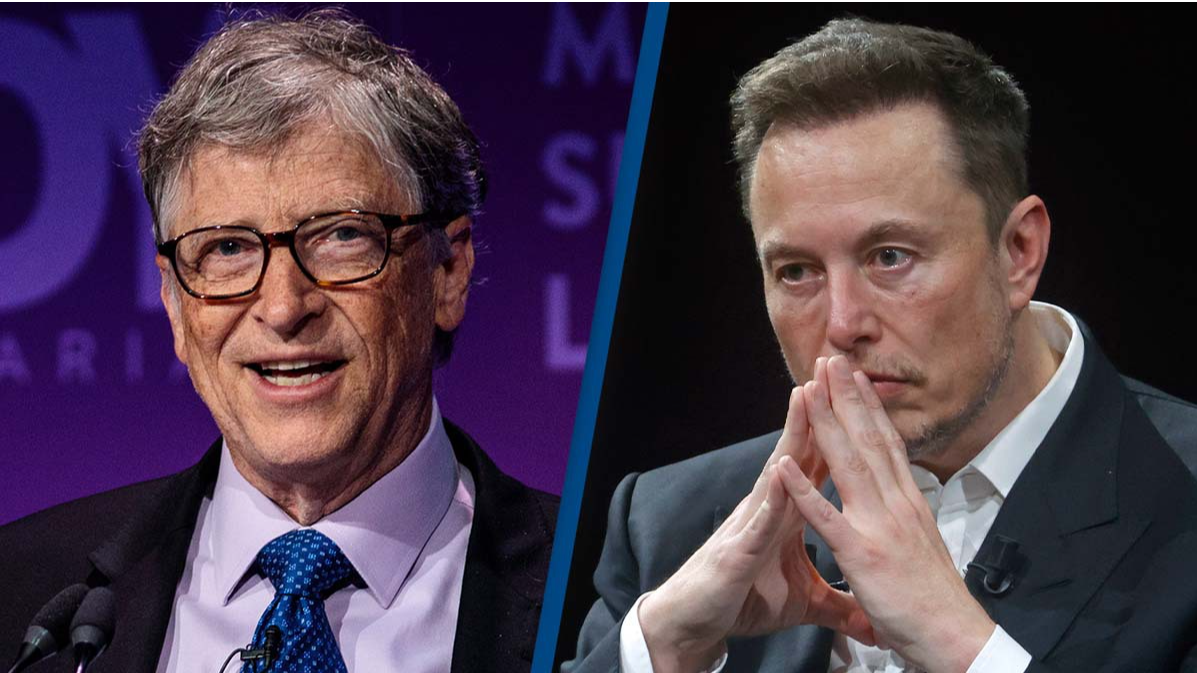
The debate also raises broader questions about the role of wealthy individuals and private sector leaders in shaping global health and humanitarian agendas, exposing tensions between innovation-driven disruption and traditional philanthropic models.
The public nature of the Musk-Gates feud reflects the increasing personalization of corporate and political power. Both men command enormous influence, not only through their wealth but through media presence and public perception.
Their rivalry plays out in a highly visible arena where statements, tweets, and interviews become part of a larger narrative about leadership, accountability, and vision.
Musk’s challenge to Gates’s authority and moral standing reveals a broader cultural conflict between disruptors and establishment figures in the contemporary global landscape.
Observers note that despite the acrimony, Musk and Gates remain intertwined through overlapping interests and occasional cooperation. Musk’s technological ventures, including Tesla, SpaceX, and Neuralink, intersect with Gates’s concerns about climate change, public health, and technological impact.

Both recognize the potential of innovation to solve complex problems but differ sharply on strategies and priorities. Their feud illustrates the difficulties of balancing competing visions for the future amid the immense pressures of global leadership.
The dispute also underscores challenges in communicating complex policy issues to the public. Simplified narratives about aid cuts or technological failures often mask intricate realities involving funding mechanisms, geopolitical considerations, and technological feasibility.
Musk’s critics argue that his blunt approach risks undermining trust and jeopardizing essential programs, while Musk’s supporters view him as a bold reformer unafraid to challenge complacency and inefficiency.
As the feud continues, it serves as a case study in how wealth and power influence contemporary politics and humanitarian efforts. The high stakes involved—ranging from life-saving health interventions to the future of technological innovation—demand careful scrutiny and responsible discourse.
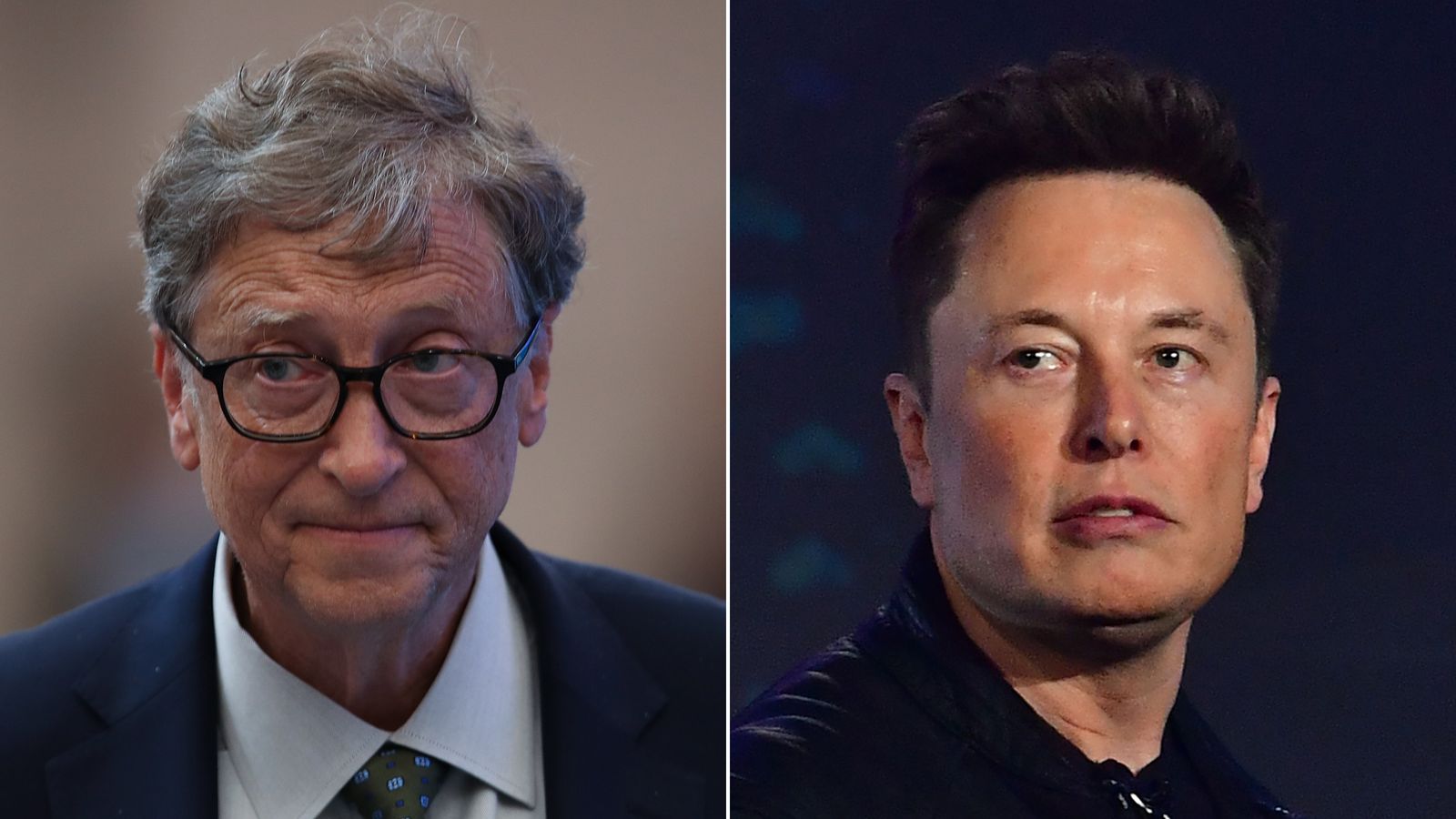
Musk and Gates embody contrasting approaches to leadership: one grounded in systemic disruption and entrepreneurial vision, the other rooted in traditional philanthropy and institutional collaboration.
In conclusion, the explosive conflict between Elon Musk and Bill Gates over foreign aid policies and public health encapsulates broader tensions in global governance and corporate influence.
Musk’s pointed question, “Who does he think he is to comment on children’s welfare?” not only challenges Gates personally but symbolizes a wider debate about authority, ethics, and the role of billionaires in shaping the future of humanity.
As their rivalry unfolds, it forces society to confront difficult questions about the power dynamics at play in addressing some of the world’s most urgent challenges.

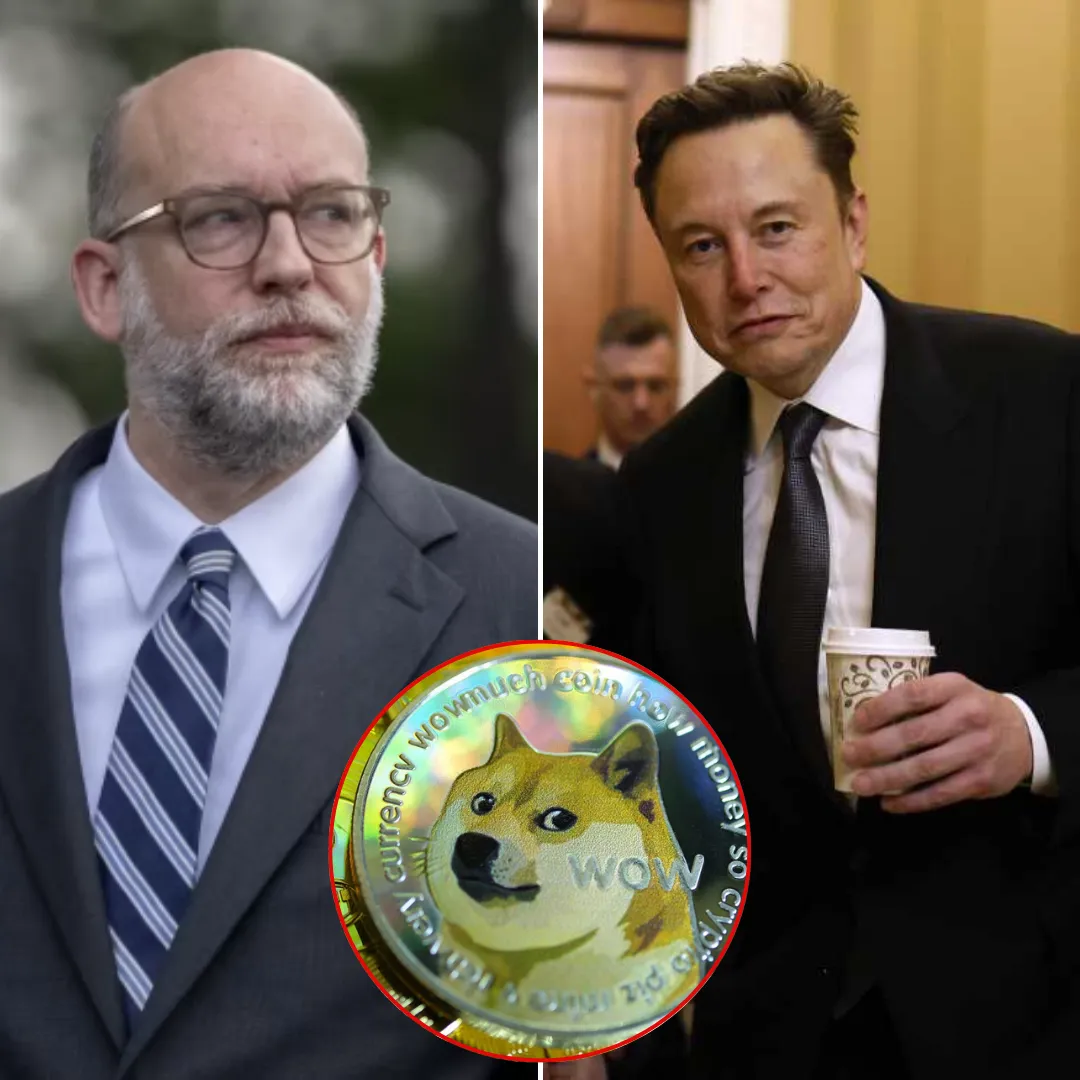
-1751190095-q80.webp)
